If you’ve recently undergone oral surgery, chances are your mouth is swollen and sore. While many of us crave our favorite comfort foods during stressful times like this, it can be tough to enjoy those crunchy or hard-to-chew meals when recovery time has come around. So what can you eat after dental surgery? Thankfully, plenty of soft food options provide the nourishment your body needs while also allowing for an easy swallowing experience – without causing any further trauma to your healing mouth. , Today, In this post, we’ll explore some of the best soft foods to eat after oral surgery to get essential nutrients into your system with minimal pain!
Soft foods to eat after oral surgery are an essential part of the recovery process. Soft foods can help keep your mouth, teeth, and gums healthy while healing. Standard soft food options include soft fruits and vegetables, mashed potatoes, soup, oatmeal, eggs, yogurt, and soft cheeses. Protein-rich sources such as fish or poultry should also be considered if you can comfortably chew them.
Be sure to avoid crunchy or hard snacks that irritate your healing tissue. Additionally, limit acidic foods like citrus fruits or tomato sauce, which could cause pain in the first few days following surgery. Eating soft foods is essential for proper healing, so it’s important not to rush back into more complex items until your mouth.
Soft fruits and vegetables
Soft Foods to Eat After Oral Surgery are essential to promote healing and ensure that your mouth doesn’t become sore or irritated. Fruits and vegetables are excellent for providing nutrition and avoiding pain from chewing. Common examples of soft fruits include bananas, mango, kiwi, watermelon, blueberries, strawberries, peeled oranges, and melons.
Soft vegetables such as steamed carrots, zucchini, spinach, avocado slices, and mashed potatoes work just as well – making it easy to incorporate them into soups or smoothies for added convenience. As you adjust to regular eating habits over time, it’s important to remember that soft foods should still make up most of your diet during recovery from oral surgery. Eating soft foods is essential to healing, so take your time and enjoy!
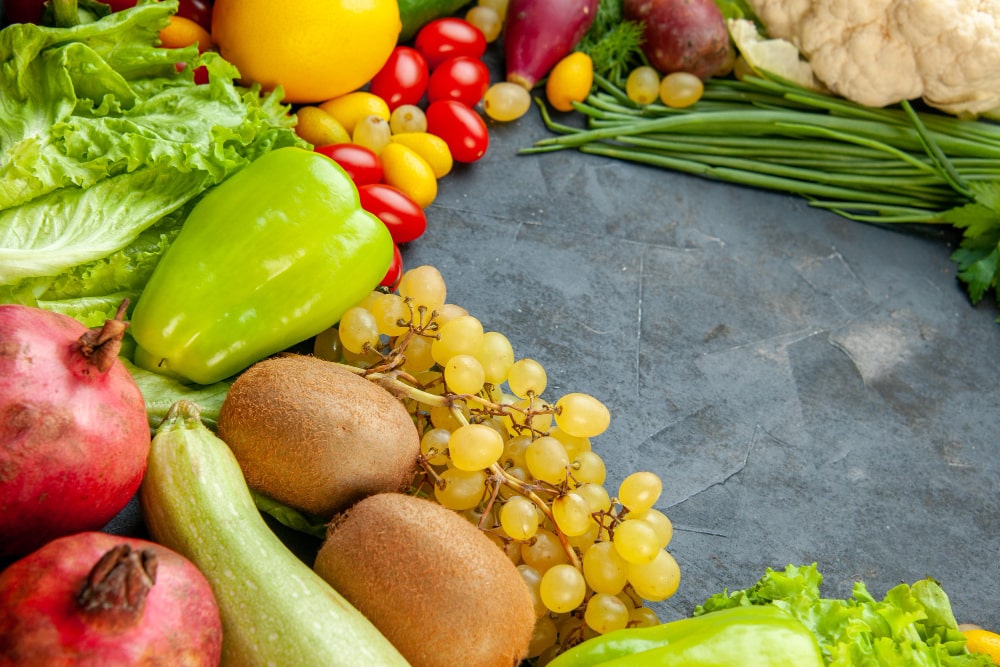
Chicken noodle soup
Soft foods to eat after oral surgery is essential for a successful recovery. Soft foods are easier to swallow and chew, which can help reduce discomfort and allow the wound to heal more quickly. Chicken noodle soup is an excellent soft food option you can make at home or find in your grocery store.
It contains soft noodles, cooked chicken, and vegetables — all of which provide essential nutrients that support healing. Plus, since it’s loaded with flavor, it may even be enjoyable to eat! Remember, soft foods should be eaten until your doctor clears you for solid foods. Eating soft foods will help ensure your body heals fast and prevent further damage or infection.
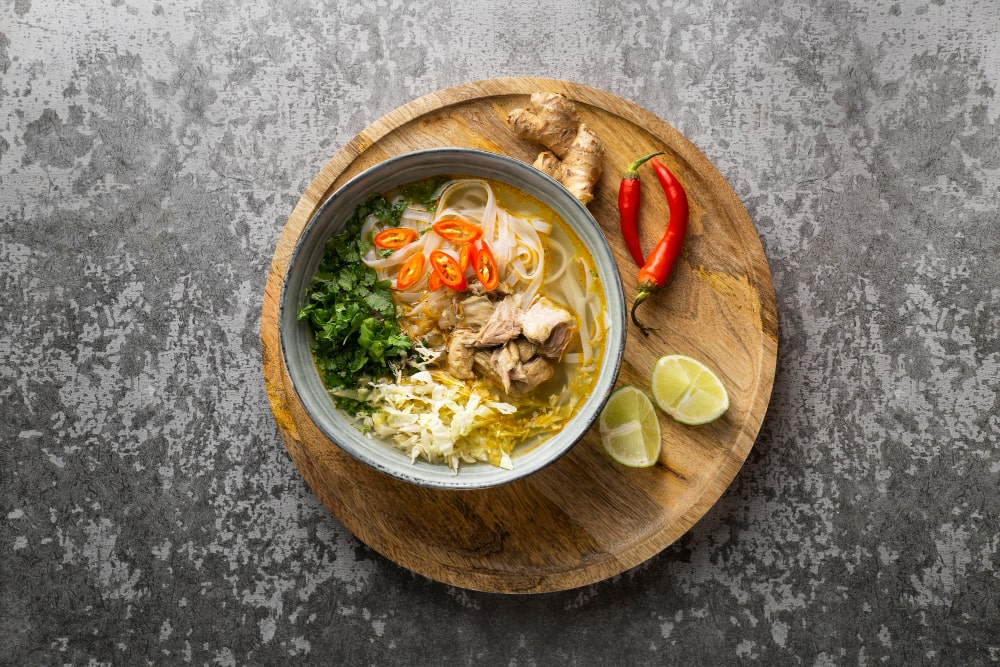
You may also read: 7 Enjoyable and Healthy Foods to Eat While Pregnant
Mashed potatoes
Soft foods are a great option after oral surgery as your body recovers. Mashed potatoes are a soft food that can be easily digested and provide essential nutrients for healing. Mashed potatoes are made by mashing boiled potato pieces with butter, milk, or cream until the desired texture is achieved. You can add other soft vegetables, such as carrots, peas, or sweetcorn, to mashed potatoes for flavor and nutrition.
Incorporating soft foods like mashed potatoes into your diet after oral surgery will help promote proper healing and recovery. Eating soft foods helps reduce irritation of the surgical sites while providing important vitamins and minerals needed during this time.
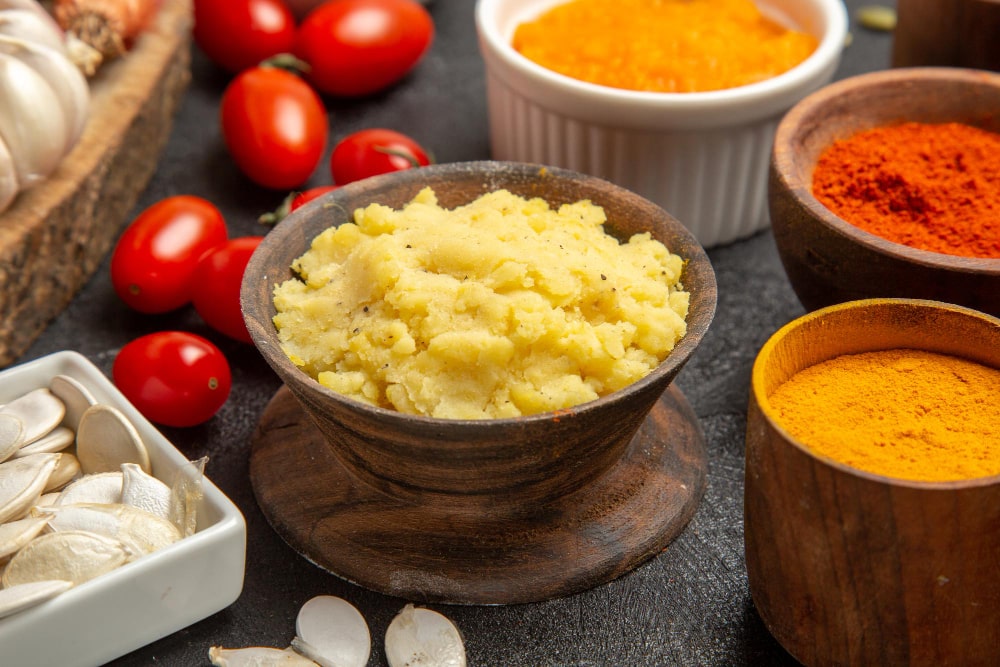
Smoothies
Smoothies are great soft foods to eat after oral surgery. They provide essential nutrients and vitamins that can help with recovery and healing while also being soft enough on the mouth and throat not to aggravate any sutures or discomfort. Smoothies are easy to prepare and consume, making them an ideal choice for those who have recently undergone oral surgery.
Additionally, smoothies contain protein, fiber, antioxidants, minerals, and vitamins that can help you feel more energized during your recovery. Be sure to avoid adding too much sugar or artificial sweetener, as this may cause further irritation of your surgical site. Enjoy smoothies in moderation as part of a balanced diet post-surgery!

Meatloaf
Soft foods to are an essential part of the diet after oral surgery. Meatloaf is one soft food that is easy to make and soft enough for those recovering from oral surgery. Meatloaf is made with ground beef or turkey mixed with eggs, breadcrumbs, and other seasonings like onion, garlic, salt, and pepper. Once mixed and formed into a loaf shape, simply bake it in the oven until cooked.
This soft food can be served alongside mashed potatoes or rice for a complete meal. Cold cuts of meatloaf can also be used in sandwiches on soft rolls or slices of sandwich bread without too much difficulty.
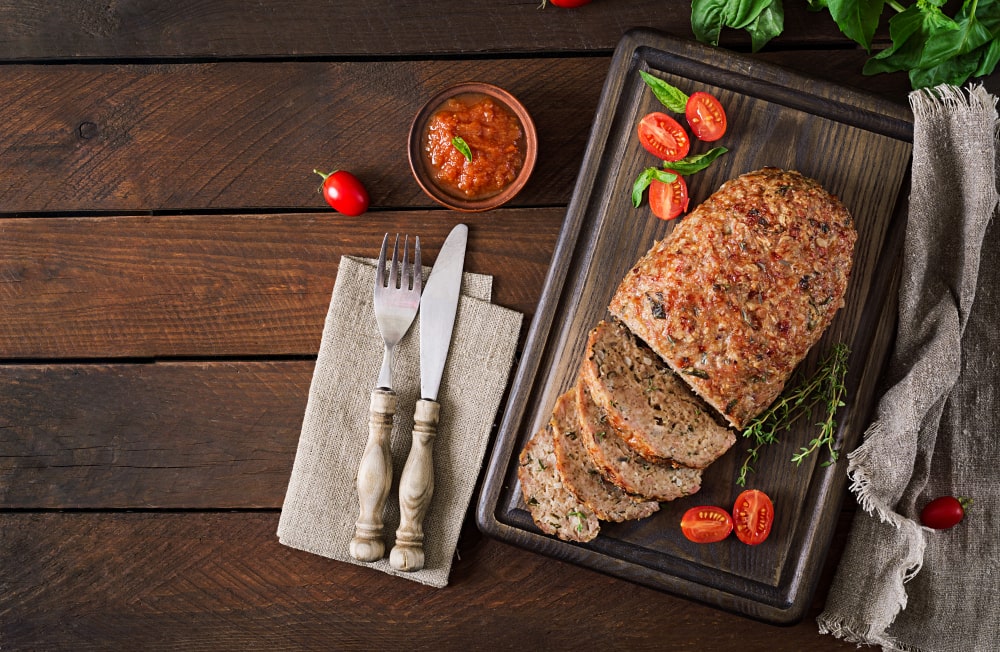
Tuna
Tuna is a soft food that can be eaten after oral surgery. It’s soft, easy to chew and swallow, and contains important nutrients like protein and omega-3 fatty acids. Eating tuna may help speed up healing by providing your body with the essential vitamins and minerals it needs. Additionally, tuna does not contain any added ingredients or preservatives that could irritate your mouth or throat.
Tuna is also high in potassium, which helps increase water intake after surgery to reduce swelling and discomfort. When eating tuna after oral surgery, it is important to cook it thoroughly and avoid adding spices or sauces that could irritate your mouth.
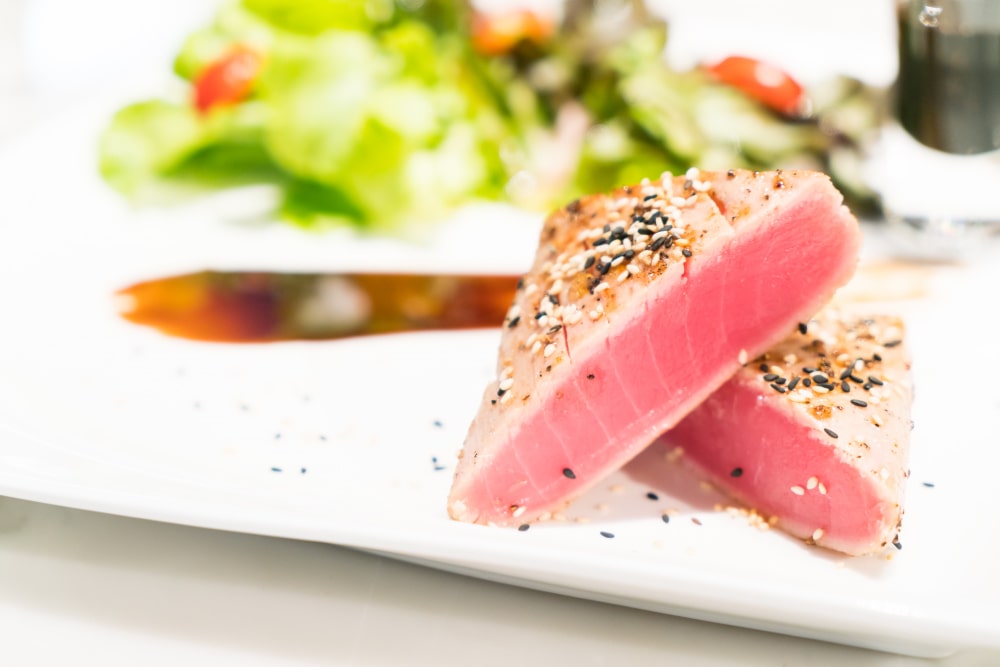
Avocadoes
Avocadoes are an ideal soft food to eat after oral surgery. Avocados can be mashed or puréed and served as a side dish, added to smoothies, or blended into soups for easy consumption. Avocados provide essential nutrients like fiber, potassium, calcium, and vitamins A and C that your body needs for recovery.
Furthermore, avocadoes have anti-inflammatory properties that can help reduce pain and swelling in the mouth after surgery. Eating soft foods like avocados is important during recovery because it allows you to get all the nutrition your body needs while avoiding hard. These crunchy foods could irritate your healing tissues.
Eggs
Eggs are a great soft food to eat after oral surgery. You can make soft scrambled eggs or poached eggs for an easy-to-eat breakfast. They are also a good source of protein and contain essential vitamins and minerals that can help your body heal after oral surgery. Boiled eggs are another soft food option; they don’t require chewing, and the yolk provides additional nutrients to help you restore your energy and strength.
Add mashed avocado, soft cheese, or light cream to boiled eggs to make them more palatable. Eggs are a versatile soft food that makes it easy to prepare meals after recovering from oral surgery.
Yogurt and soft cheeses
Soft foods are essential for recovering from oral surgery. Yogurt and soft cheeses provide various nutritional benefits that help promote healing after oral surgery. They are easy to digest, providing the body with energy-rich calories and essential vitamins and minerals. In addition, yogurt and soft cheeses contain beneficial bacteria that can help support healthy digestion while your mouth is still healing.
Eating soft food such as yogurt or soft cheese will also provide a soothing effect in the mouth, helping you to avoid overly sensitive areas post-surgery.
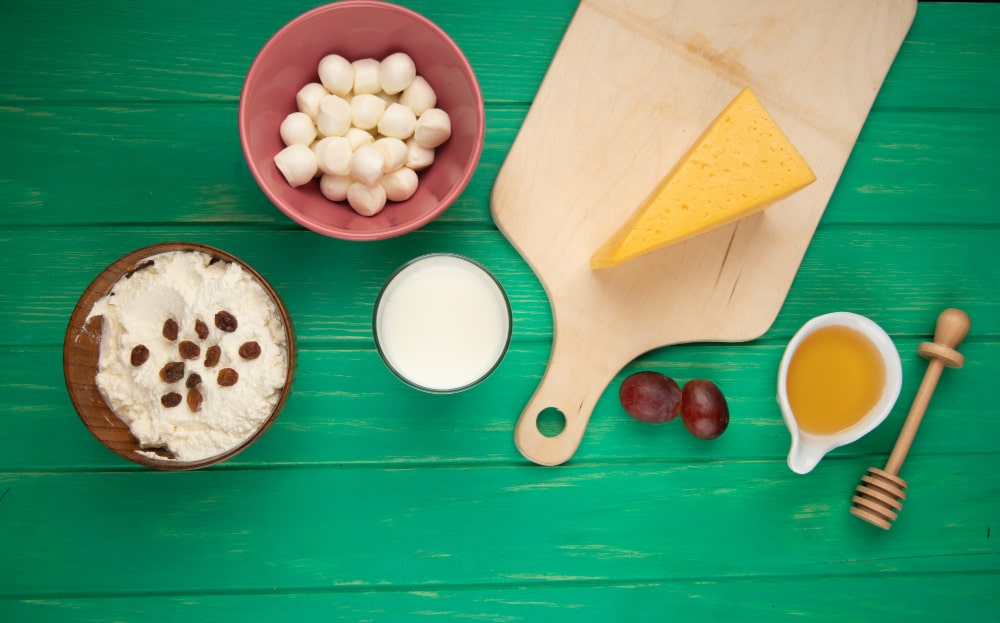
Fish or poultry
Fish or poultry can be a great option as they contain soft, tender pieces of meat and are often packed with important nutrients like omega-3 fatty acids, protein, and other vitamins and minerals. Some popular fish varieties include salmon, tuna, cod, and snapper. Popular poultry options include chicken and turkey.
Both can be cooked in various ways – steamed, poached, or roasted – so you don’t have to worry about getting bored with your meals! If you’re feeling adventurous, try adding herbs and spices to the dish to make it more flavourful. Eating soft food like fish or poultry after oral surgery is a great way to ensure you get the proper nutrition without putting too much stress on your jaw.
Read more: How Hydroxyzine Can Help You Get a Better Night’s Sleep?

